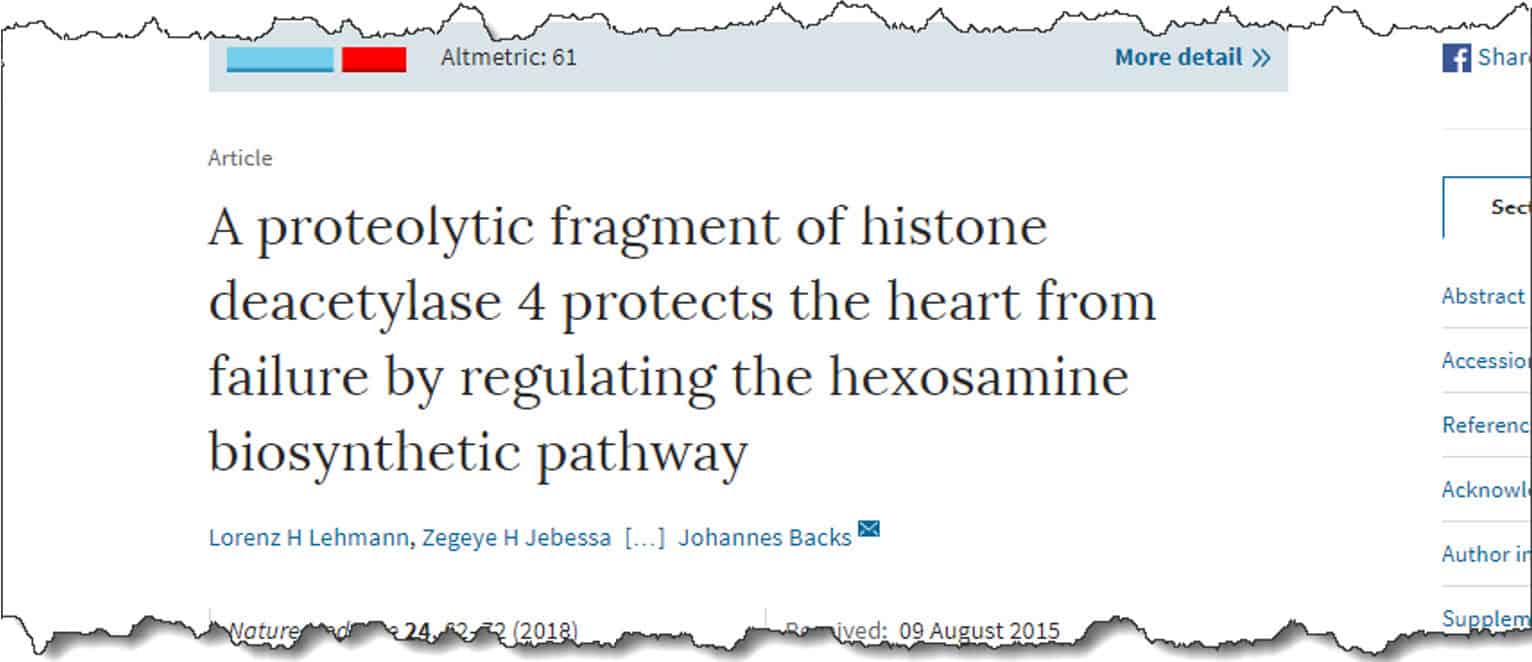
[cmamad id=”16901″ align=”center” tabid=”display-desktop” mobid=”display-desktop” stg=””]
This exercise is very popular today, but it causes heart damages every minute you do it…
—-Important Message—-
Go on 3–5 dates every month, automatically
Imagine waking up and seeing five girls’ profiles on your phone – which one would you like to go out with this evening?
How is this possible?
Because while you sleep a team of dating experts are managing your dating profile.
These dating experts reach out to cute girls, set up dates with them…
The only thing you have to do is meet these beauties.
Are you curious about this opportunity to have 3–5 dates every week automatically?

Click here to find out if you qualify and discover what men are saying about this…
————-
Are you at risk for a heart attack? Don’t do this exercise
When you work and work and have no breaks, it’s easy to wear your body out and get sick.
We’ve probably all done this at one point or another.
Most of the time we say said something like “I’ve worn out my immune system.”
And this may be true.
But it seems that there is another mechanism in our bodies determining that constant stress is bad for us.
It’s an epigenetic switch that gets flipped (on or off), depending on what type of stress we’re under.

Epigenetics – how our genes react to our environment
We used to think that the genes we are born with are the genes we are stuck with.
Science has now shown us that this is not entirely true.
While our eye color or hair color isn’t likely to change due to environmental factors, a ton of other genetic switches can be flipped on or off depending on what we are exposed to.
[cmamad id=”16902″ align=”center” tabid=”display-desktop” mobid=”display-desktop” stg=””]
Stress flips epigenetic switches that control how healthy our heart is…
For a long time, we’ve known that certain types of stress (such as regular exercise) make our hearts healthier.
And other types of stress (such as ultra-marathoning and other extreme types of exercise) can CAUSE heart problems.
But, until recently, we really had no idea why.
Now, though, scientists have found the mechanism that makes one kind of stress helpful and another kind harmful.
“Researchers at the German Centre for Cardiovascular Research (DZHK) and of Heidelberg University Hospital have obtained new findings which indicate that a previously undetected signal pathway causes or protects from heart failure – depending on the type of stress.”
This pathway involves an epigenetic switch that creates protections for your heart under some circumstances, but not under other circumstances.
“The researchers examined a chain of metabolic processes in the heart that has an epigenetic switch called histone deacetylase 4 (HDAC4) at its outset. Epigenetics investigates how environmental influences regulate genes.”
And scientists think this is because of what we humans had to do to survive during the tens of thousands of years of our history.
Our ancestors had to be physically active all the time.
Scientists have recently discovered the signal pathway that is activated to protect the heart when we are regularly physically active.
“Our ancestors, the gatherers and hunters, often had to be physically active for many hours to find food and bring it home. The newly discovered signal pathway could have protected the heart in this case.”
But there’s a catch…
When you exercise strenuously for long periods without breaks, you actually turn this pathway OFF – removing the protection to your heart and potentially causing damage.
“The results also explain why extreme endurance sports without rest periods can damage the heart – We all intuitively know that breaks are important. Perhaps we have now found the molecular causes for this…”
It seems that super-strenuous exercise isn’t the only thing that hurts the heart (and the heart isn’t the only thing it hurts).
Other prolonged stress can also cause damage – including emotional stress.
“That prolonged stress on the heart leads to changes in the signal pathway may also be the cause of the broken heart syndrome (Takotsubo cardiomyopathy), in which temporary heart failure is brought on, in particular, by emotional stress.”
The big takeaway here is that the human body really benefits from exercise… but in moderation.
Regular exercise – walking, pacing, hiking, biking, and even working out at the gym – turns on the protective epigenetic switches for your heart.
But extreme, long workouts without rest, or prolonged emotional distress, remove these protections and can pave the way for heart damage.
So, like most things in life, avoiding the super extremes is the smart move to get you on the path to living longer and healthier.
You can control a lot of what happens with your health.
By understanding the epigenetic switches, you can turn on your natural protections and live a longer and healthier life.
—-Important Message—-
Is your penile blood pressure too high?
Do you remember that throbbing feeling in your penis?
You can almost feel the blood flowing into and out of your penis…
It’s like trying to blow up a balloon that has a small hole in it – you have to keep blowing if you want the balloon to stay expanded.
The balloon is your penis and your heart has to keep blowing enough blood into it for it to stay rigid.
Your heart has to keep up the penile blood pressure.
But for many men with high blood pressure, their heart just can’t keep up with the demand – the pressure in the body is too much and there’s no slack to maintain blood pressure to the penis.
That’s when erectile dysfunction starts…

But there’s one very simple trick that fixes this penile blood pressure problem.
It takes less than a minute to do this… And it makes your blood pressure go down by 5 points, then by 7, then by 8…
And, before you know it, there’s enough room in your system for penile blood pressure to start inflating your penis again.
I do this simple trick in the bathroom before I join my wife for sex…and this simple trick also keeps my blood pressure healthy.
Here’s the simple trick for improving penile blood flow.
———


Leave a Reply